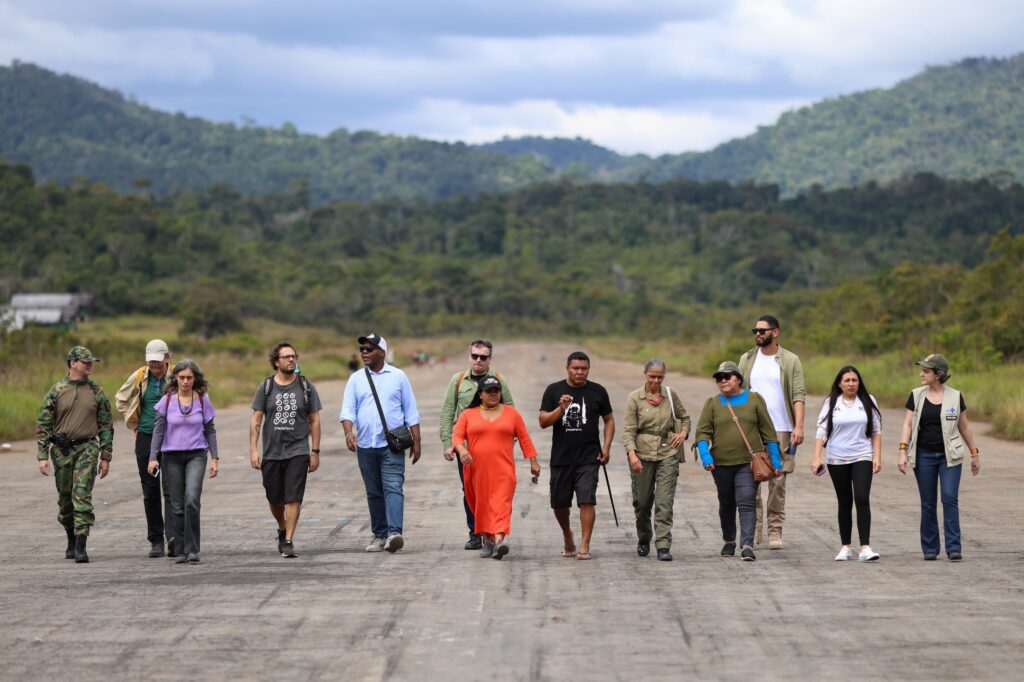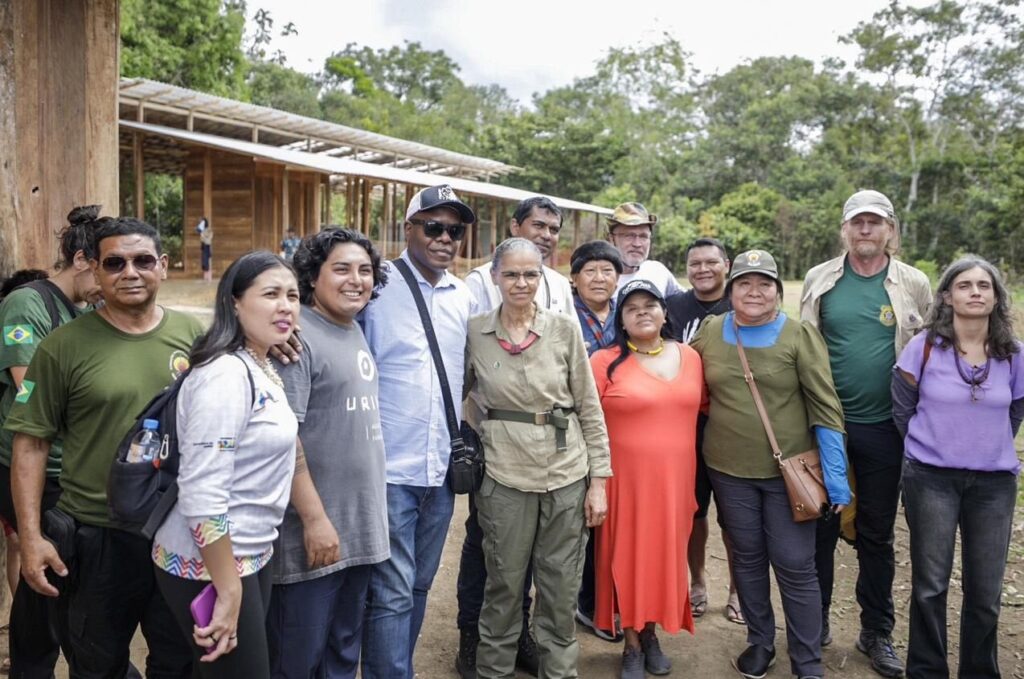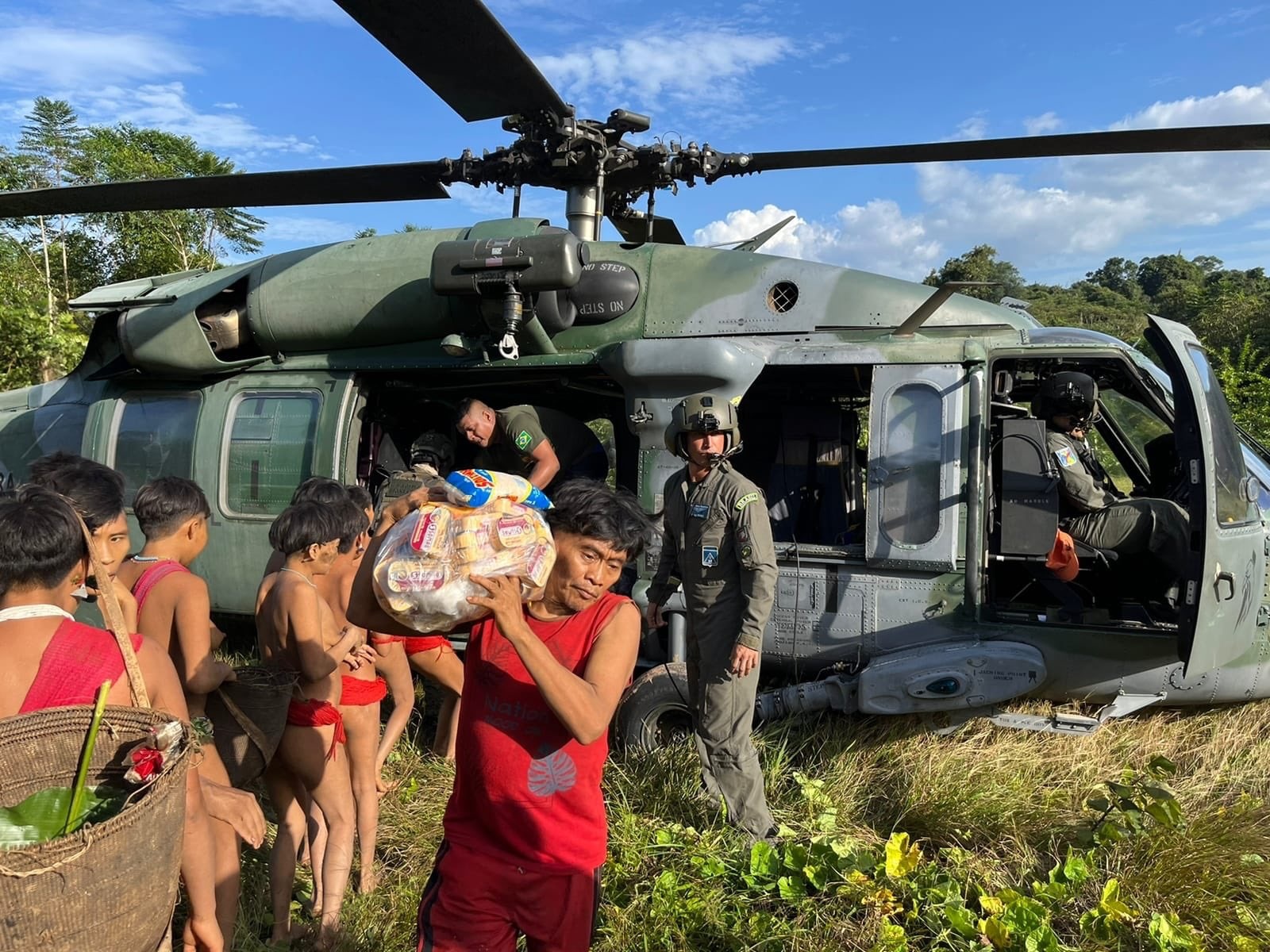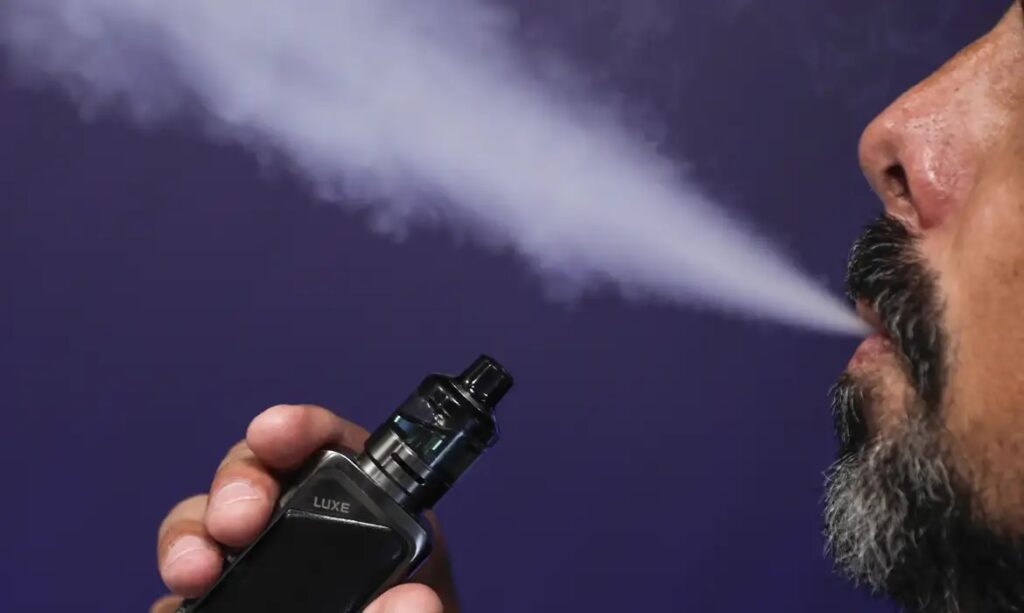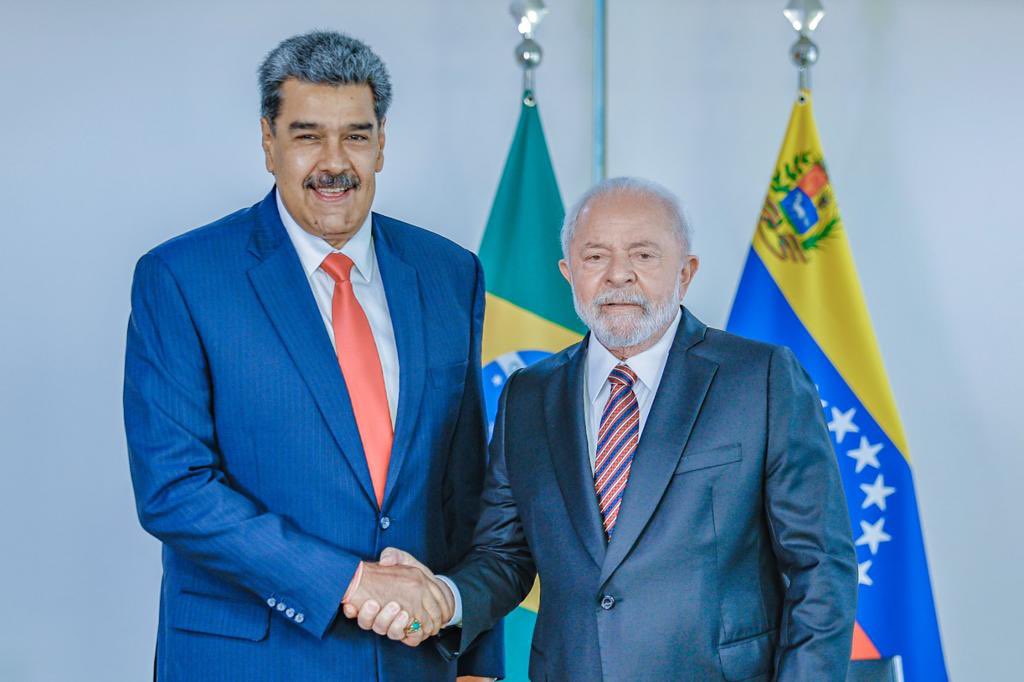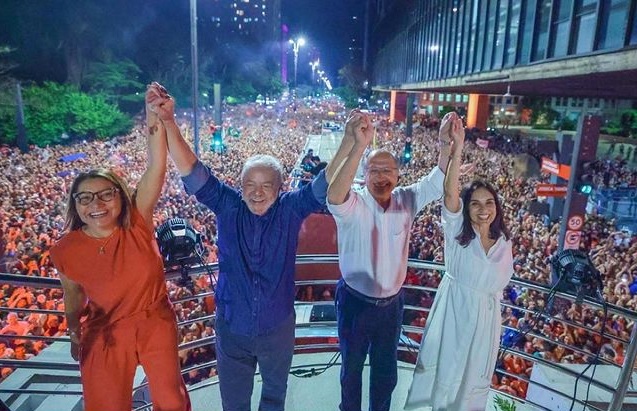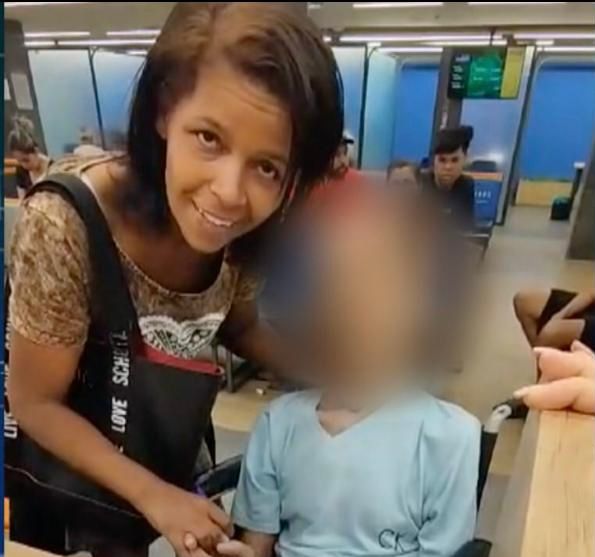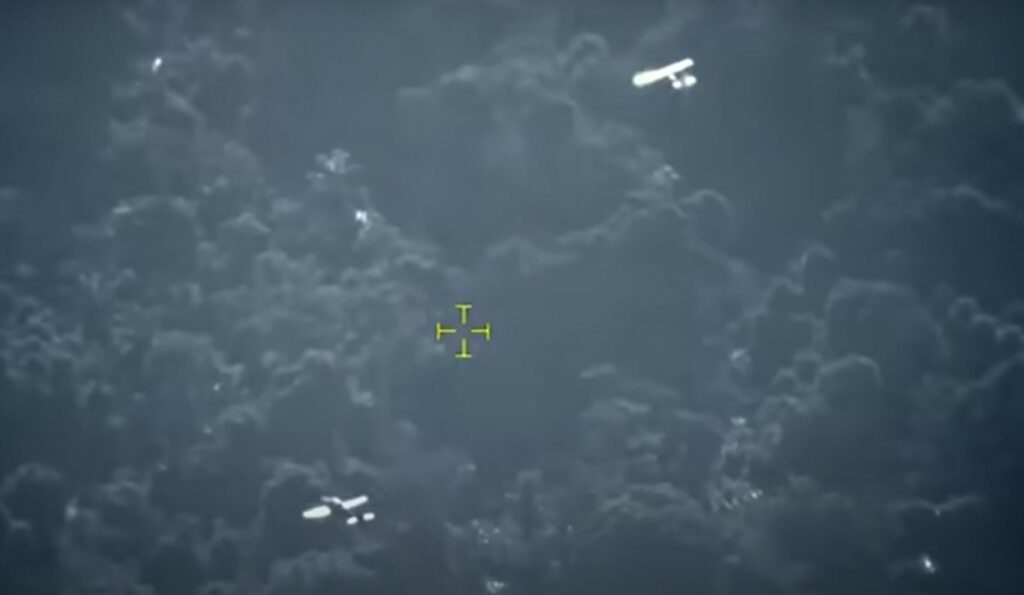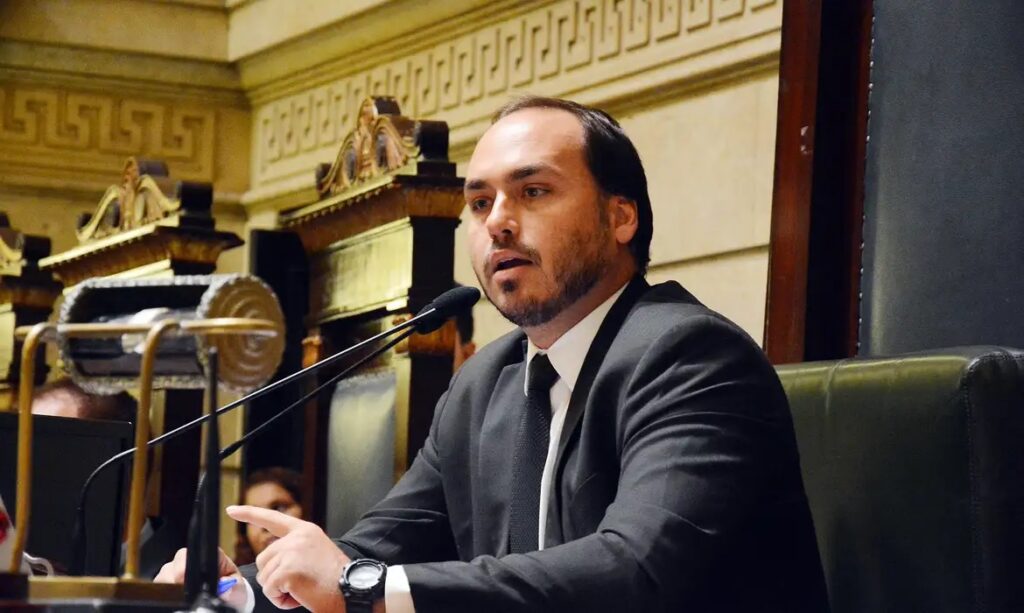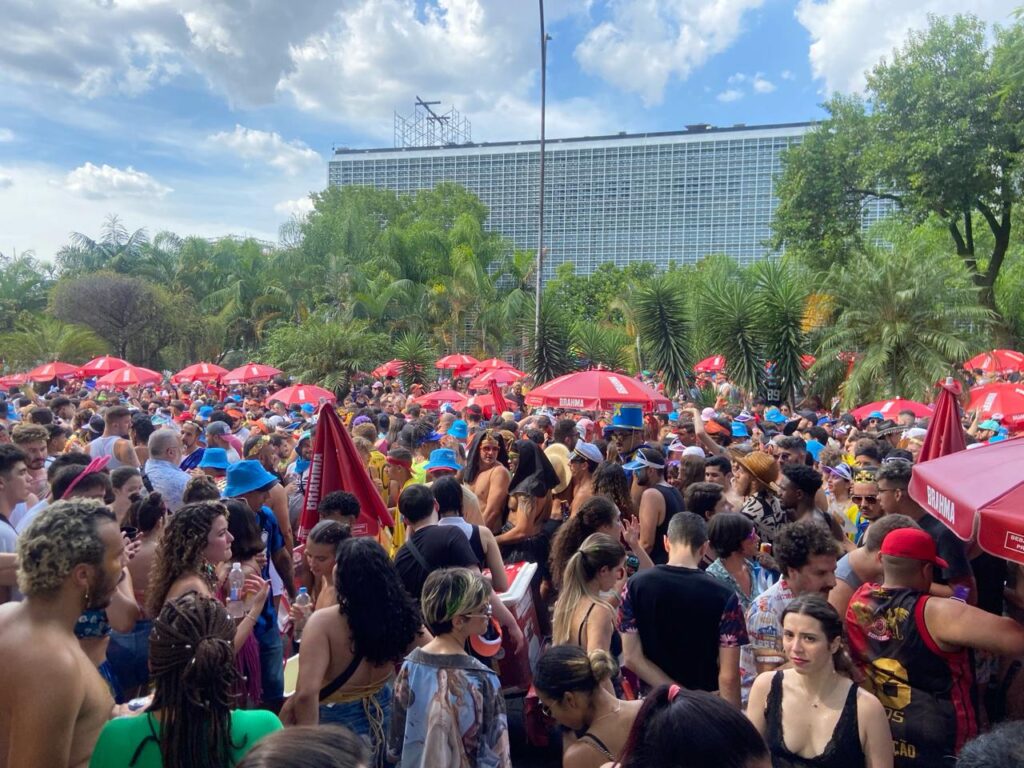São Paulo, Brazil — President Luiz Inácio Lula da Silva announced last week that Brazil’s security forces would establish a permanent presence in the Yanomami Territory on the northern border with Venezuela to help protect Indigenous peoples from land grabbers and illegal miners.
The Yanomami received international attention last year when Brazil declared a public health emergency in the region after severe cases of malnutrition were discovered — including the deaths of 570 Indigenous children over a four-year span. Ranchers and illegal miners were blamed for invading the territory, forcefully displacing communities, and poisoning rivers where the Yanomami fished for food.
At the time, Lula’s incoming government temporarily sent in security forces to remove the invaders, however, in recent months, the local community has denounced the return of illegal miners and loggers to the area.
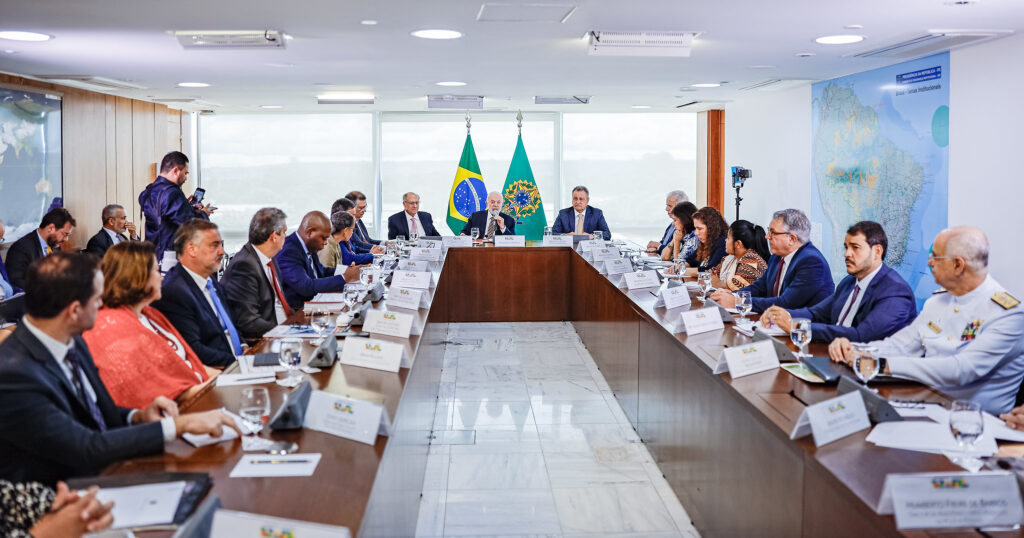
Read more: Yanomami Indigenous people denounce return of miners to their territory in northern Brazil
Last week, Brazil’s government announced it would spend R$1.2 billion ($245 million) to help guarantee the protection, health, and food security of the estimated 27.152 Yaomami people living on the demarcated Indigenous land.
It also announced that the Ministry of Defense and the Federal Police would establish a permanent presence in the region, mentioning that the measure would also help with “territorial control and public security.”
In recent years, according to the Brazilian government, hundreds of thousands of Venezuelans have migrated to Brazil’s northern Roraima state, which houses part of the Yanomami territory. In December, regional tensions escalated after Venezuela voted in favor of a referendum to annex Guyana’s oil-rich Essequibo region. (Venezuela has long contested its sovereignty over the Essequibo region).
On January 9, Lula said that the government would “define, once and for all, what our government is going to do to prevent Brazil’s indigenous people from continuing to be victims of massacres, vandalism, mining, and people who want to invade preserved areas.”
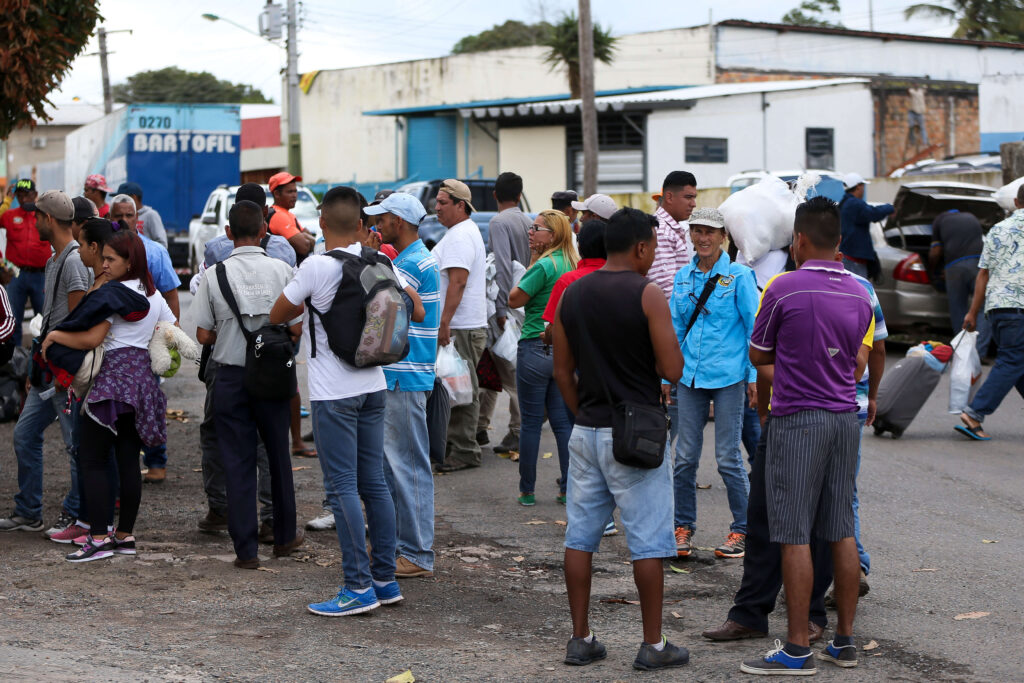
Addressing the needs of the Yanomami people
For many Yanomami Indigenous people, the new measures are as welcomed as they are belated.
Kleber Karipuna, the executive coordinator of the Articulation of Indigenous Peoples of Brazil (APIB) and a Karipuna Indigenous leader told Brazil Reports that the government’s announcement is “a positive sign for us as well,” adding it’s “better late than never.”
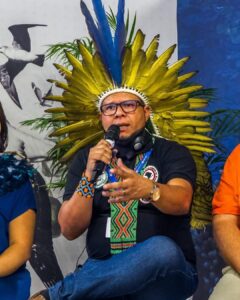
According to Karipuna, last year when the government declared a state of emergency in the Yanomami territory, many of the measures announced last week should have already been included in that intervention.
He also said that to ensure the Yanomami people’s safety and prosperity, the government must go after those financing illegal ranchers and miners.
“It’s important to emphasize that it’s not enough to just remove the miners who are causing destruction,” Karipuna said. “It’s crucial that behind this, there is also a strong focus on investigating the main financiers and promoters of all this destruction, which ultimately leads to the murder of Indigenous people in that area. We are fully aware that there must be major businessmen and prominent politicians behind all of this.”
The Yanomami Humanitarian tragedy
The humanitarian crisis in the Yanomami territory gained international attention last January when the government declared a state of emergency and images of emaciated children began circulating in the media.
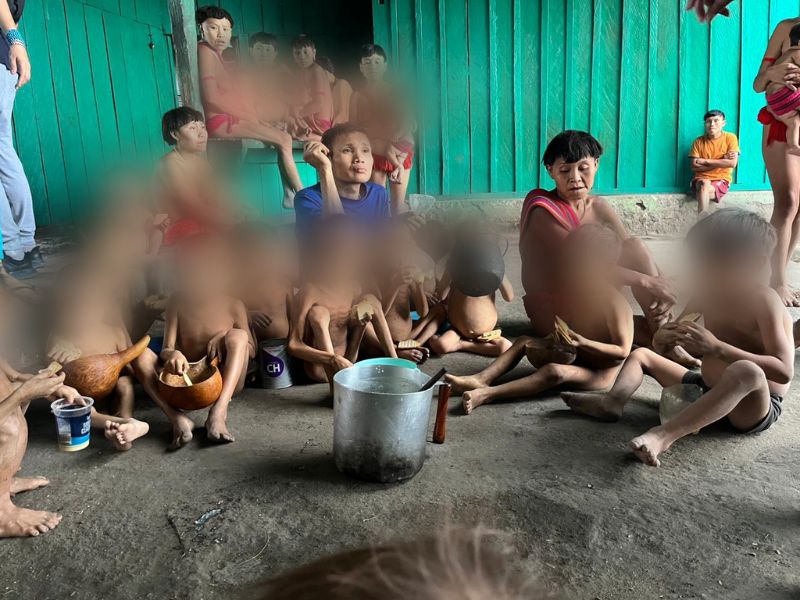
Under former President Jair Bolsonaro, illegal miners and loggers were encouraged by the administration to exploit Indigenous lands, with the government hollowing out institutions meant to protect Indigenous peoples and the environment.
Read more: Brazil’s humanitarian crisis exposed suffering of Yanomami people under Bolsonaro government
When President Lula took office in January 2023, one of his first objectives was to send in security forces to remove the estimated 20,000 illegal miners and loggers and provide health and humanitarian aid to the affected Indigenous population.
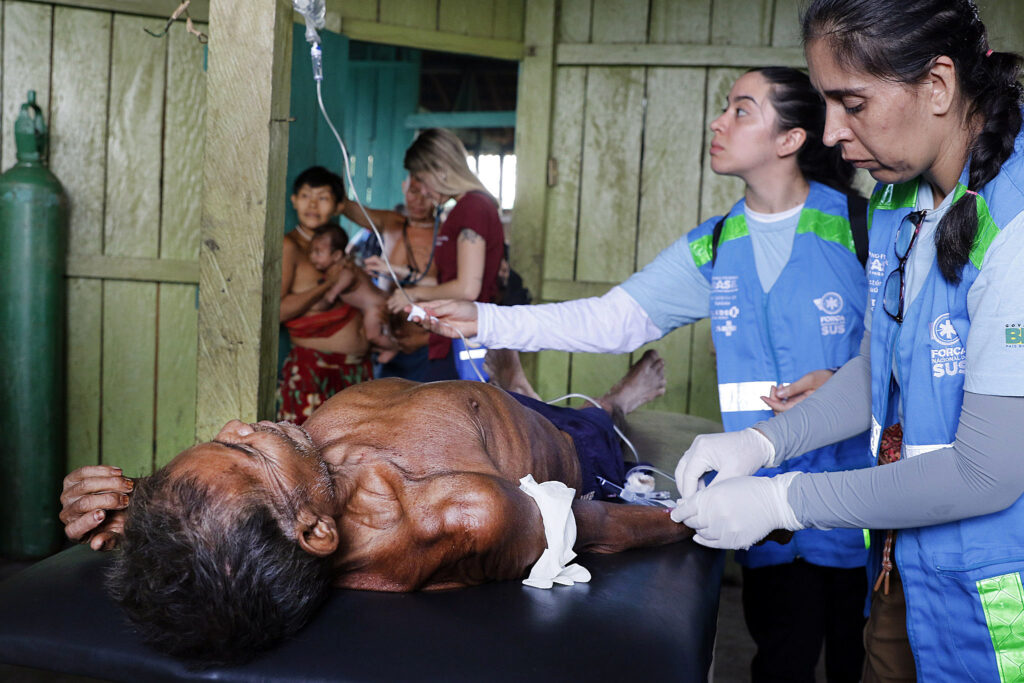
A year on, however, the situation in the Yanomami territory remains dire.
According to data released by the Brazilian government on January 9, during 2023, the government carried out 13,000 health consultations, seized R$589 million ($120 million) in assets from land invaders, and arrested just 175 people.
While many miners and ranchers fled the territory during 2023 — often to neighboring Indigenous lands in Brazil’s Amazon — local Indigenous associations and media outlets estimate there are currently 8,000 illegal invaders operating on Yanomami land.
For Karipuna, the Indigenous leader, the government’s biggest challenge will be keeping invaders off the land for the long-term.
“It’s an enormous task, and it takes from two to three, even six months to carry out an eviction,” Karipuna said.
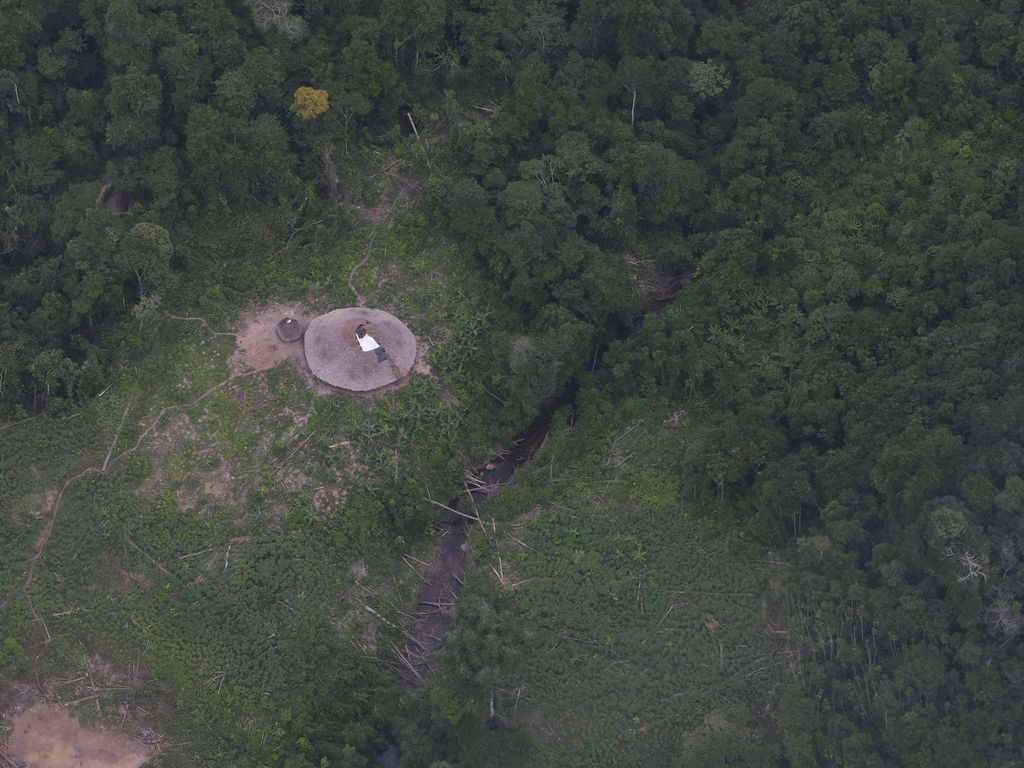
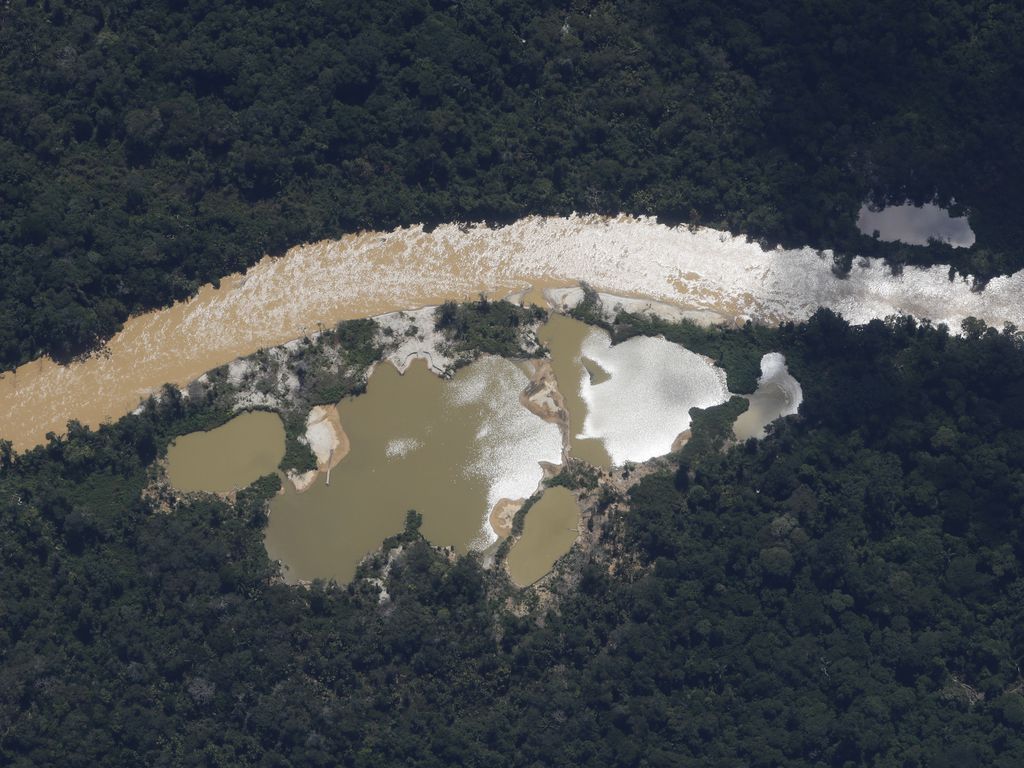
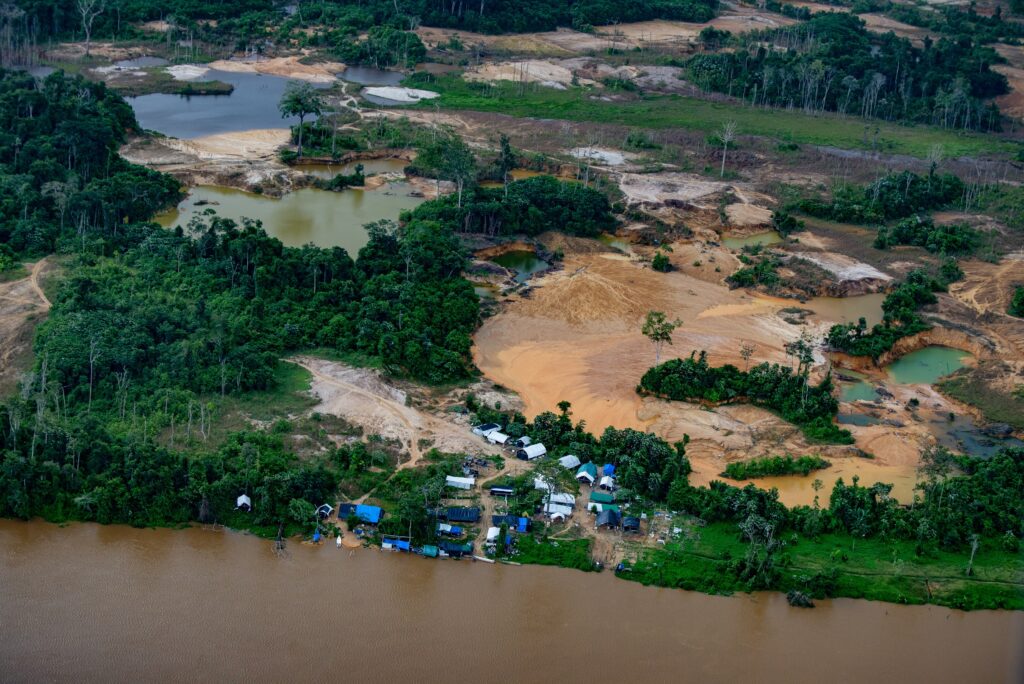
Because the invaders have returned, in some cases in a matter of days, according to Karipuna, a “permanent state presence there for a longer period, even for years, is important to create a sense of security, a presence of ongoing actions and policies to deter the return of these miners to the Yanomami territory.”
Karipuna hopes that the government’s announcement last week will involve “impactful and integrated actions that ensure better health for the Yanomami people and improved food sovereignty.”
“The recovery of the territory is essential so that the Yanomami people … can return to living in their traditional, natural way of working the land for their physical and cultural survival,” he said.
On January 10, a delegation of officials, including Indigenous People’s Minister Sônia Guajajara, Environmental Minister Marina Silva, and Minister of Human Rights and Citizenship, Silvio Almeida, traveled to the Auaris region of the Yanomami territory to visit the Ye’kwana health outpost, where new patient facilities, laboratories and accommodation for health professionals are being built.
